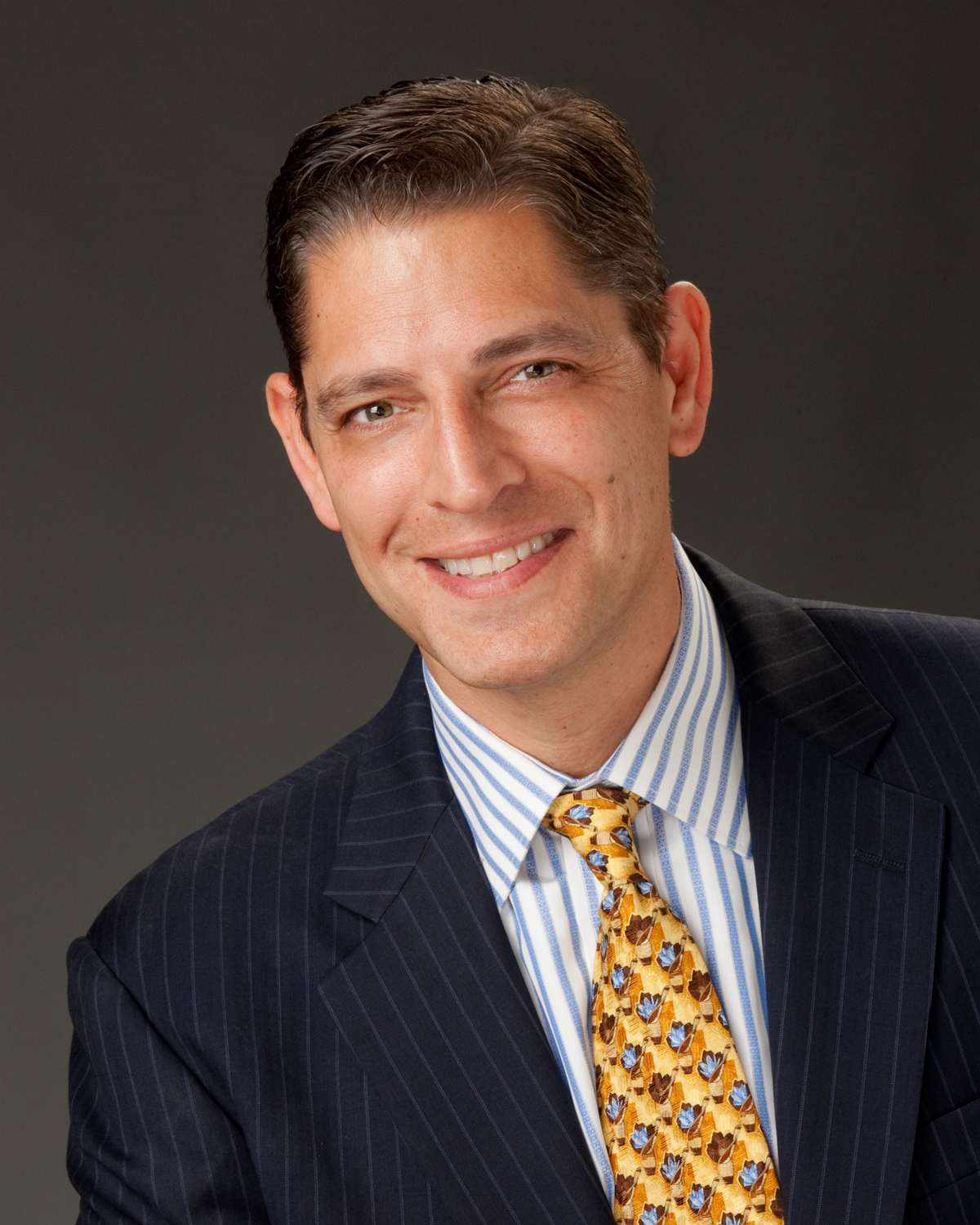In my book, The Layman’s Guide to Surviving Cancer, I discuss in several places the importance of our support groups; friends, families, neighbors, coworkers. They are essential to our being able to get through the cancer ordeal and the sometimes difficult treatments we have to undergo, both in terms of helping to relieve our fears and providing moral support, but also taking the burden of the practical aspects of our lives – shopping, household chores, carpools, paying the bills, etc. – off of our shoulders, at least for a while. And while we don’t build relationships with others for what we will get out of them, the interpersonal relationships we develop over the course of our lives can be “cashed in” when we find ourselves in crisis or simply need someone to literally and figuratively hold our hand. Moreover, even in the throes of dealing with cancer, we have the power to help others around us; by showing them how to help us, maintaining our senses of joy and humor and helping them to feel at ease with what is also difficult for them to deal with.
It turns out, though, that having strong personal bonds with others is not only psychologically comforting and practically helpful, but beneficial to our physical health. I was recently reading an article in the Robb Report Health & Wellness supplement (OK, I admit it, I get Robb Report, it’s a guilty vice that allows me to daydream about a lifestyle I won’t ever be able to afford). The article describes the work of Steven Cole, PhD, a professor of medicine at UCLA. According to Dr. Cole, when people feel happier and have a greater sense of connection to others, their blood cells may be less likely to activate genes for inflammation, which, as I discuss in the book, is a condition that many researchers have linked to the development and progression of cancer. This effect also seems to be evoked more in people who focus on the well-being of others. People who ranked high in levels of eudaimonic well-being (well-bring linked to a sense of higher purpose and service to others) actually had lower levels of pro-inflammatory gene expression. In contrast, hedonic well-being (a sense of well-being growing out of self-gratification and consumption) was not shown to have any favorable gene expression effects.
In other words, although both means of achieving happiness had similar effects on a person’s positive emotions, eudaimonic expression had a more positive physiological effect. In my book, I quote the incomparable Mark Twain: “The best way to cheer yourself up is to try to cheer somebody else up.” Apparently, Twain’s words were spot on not only for psychological well-being but for physiological health as well.
You can find Dr. Cole’s study, A functional genomic perspective on human well-being, at http://www.pnas.org/content/110/33/13684.full, and an article describing it in layman’s terms at http://newsroom.ucla.edu/releases/don-t-worry-be-happy-247644.
Get happy, make others happy, and get healthy. In healing,
Howard

